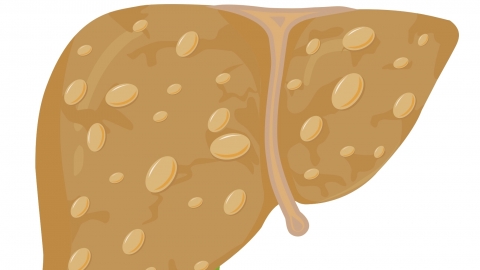Which is more serious: gallstones or cholecystitis?
Generally speaking, the severity of gallstones and cholecystitis must be assessed based on the specific condition and presence of complications; it is not possible to simply determine which one is absolutely more severe. These two conditions may occur independently or be interrelated. A detailed analysis is as follows:

If gallstones remain asymptomatic for a long time without complications and are stably located within the gallbladder, their impact on the body is relatively minor. However, if cholecystitis is in an acute phase, causing severe abdominal pain, high fever, or even gallbladder perforation, then cholecystitis becomes more urgent and dangerous. Conversely, if gallstones obstruct the bile ducts and lead to serious complications such as jaundice or pancreatitis, they pose a significant threat to health. Meanwhile, if cholecystitis is in remission with no obvious discomfort and only requires routine daily care, the risks associated with gallstones may be greater at that time. The severity of both conditions can change over time, either worsening or improving, so evaluation must consider specific symptoms and complications comprehensively.
Routine abdominal examinations should be performed regularly to monitor gallstone size and the status of gallbladder inflammation. Maintain a light diet, eat regular meals, and avoid greasy foods that may stimulate the gallbladder. If symptoms such as worsening abdominal pain, fever, or jaundice occur, seek medical attention immediately without delay. Never self-diagnose the severity of the condition or misuse medications. Follow professional medical advice for treatment and care to prevent disease progression.






